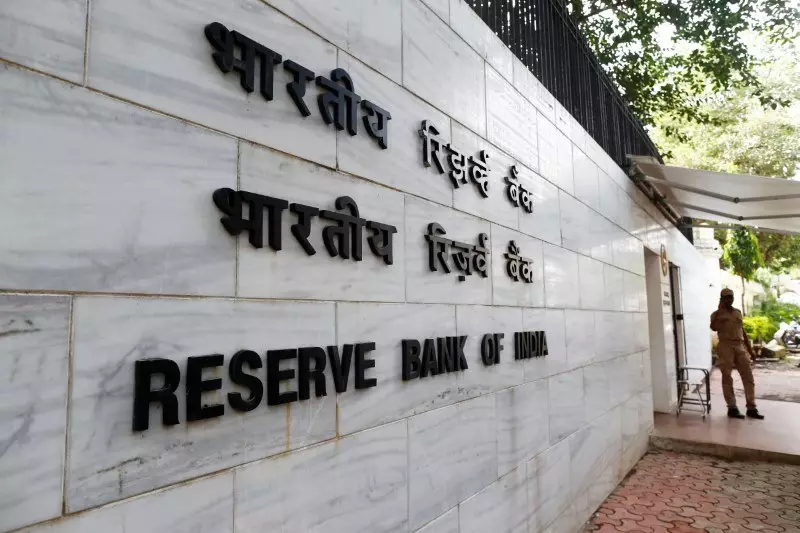The Reserve Bank of India (RBI) recently announced its decision to keep its key interest rate unchanged at 6.50%, marking the ninth consecutive policy meeting where rates have remained stable. This decision comes amidst global market volatility and the anticipation of rate cuts by other major central banks.
The Monetary Policy Committee (MPC), which consists of both RBI and external members, voted in favor of retaining the repo rate at 6.50%. The last rate change occurred in February 2023, when the policy rate was increased to its current level. The MPC’s stance on monetary policy remains focused on achieving price stability and bringing inflation down towards the target of 4%.
RBI Governor Shaktikanta Das highlighted the importance of maintaining stable prices for sustainable economic growth. Despite resilient growth in India, inflation levels, particularly in the food sector, remain a concern. The central bank is committed to continuing its efforts to combat inflation and achieve price stability.
Following the RBI’s decision to maintain a hawkish policy stance, Indian shares traded lower in the market. The NSE Nifty 50 index and the S&P BSE Sensex both experienced a 0.4% decrease. Additionally, the 10-year benchmark bond yield rose slightly, while the Indian rupee remained relatively stable against the dollar.
Recent global market volatility, coupled with the anticipation of interest rate cuts by other central banks, has added to the complexity of the economic landscape. Despite these challenges, Governor Das emphasized that India’s monetary policy would continue to be guided by domestic considerations, rather than external factors.
The RBI maintained its growth forecast for fiscal 2025 at 7.2%, reflecting a slower pace compared to the previous year. The central bank also retained its inflation forecast at 4.5% for the current year. The annual retail inflation rate experienced a slight increase in June, primarily driven by higher food prices.
The RBI’s decision to keep interest rates stable demonstrates its commitment to achieving price stability and controlling inflation. While global market volatility poses challenges, the central bank remains focused on sustaining economic growth and maintaining stable prices domestically. By prioritizing domestic considerations in its monetary policy decisions, the RBI aims to navigate through uncertain times and support India’s economic development.

